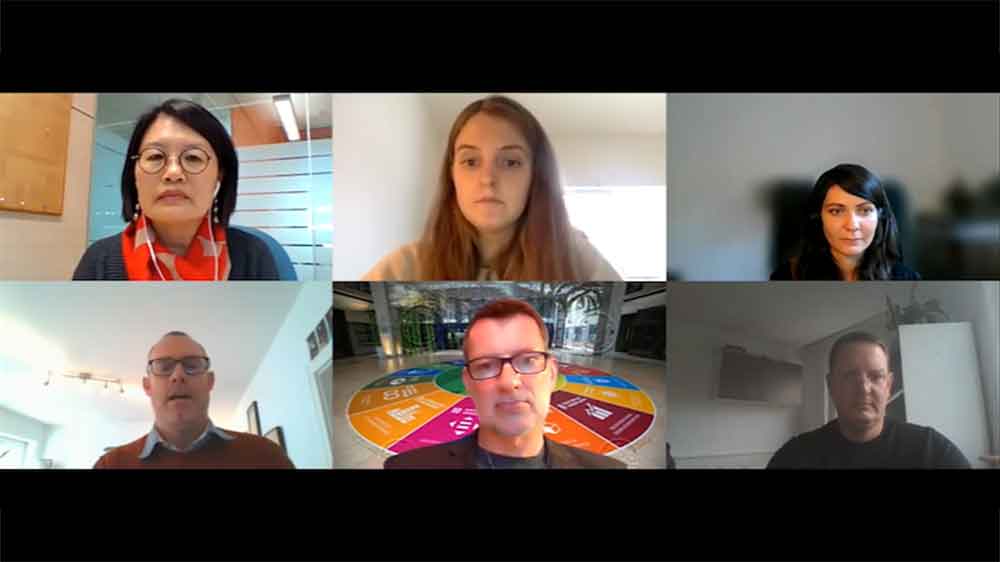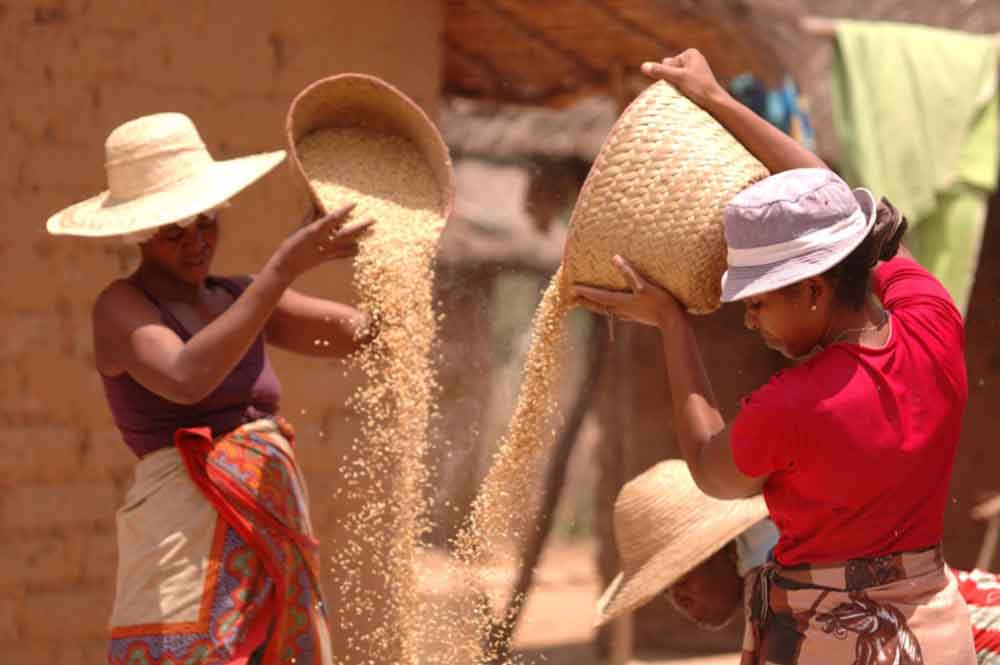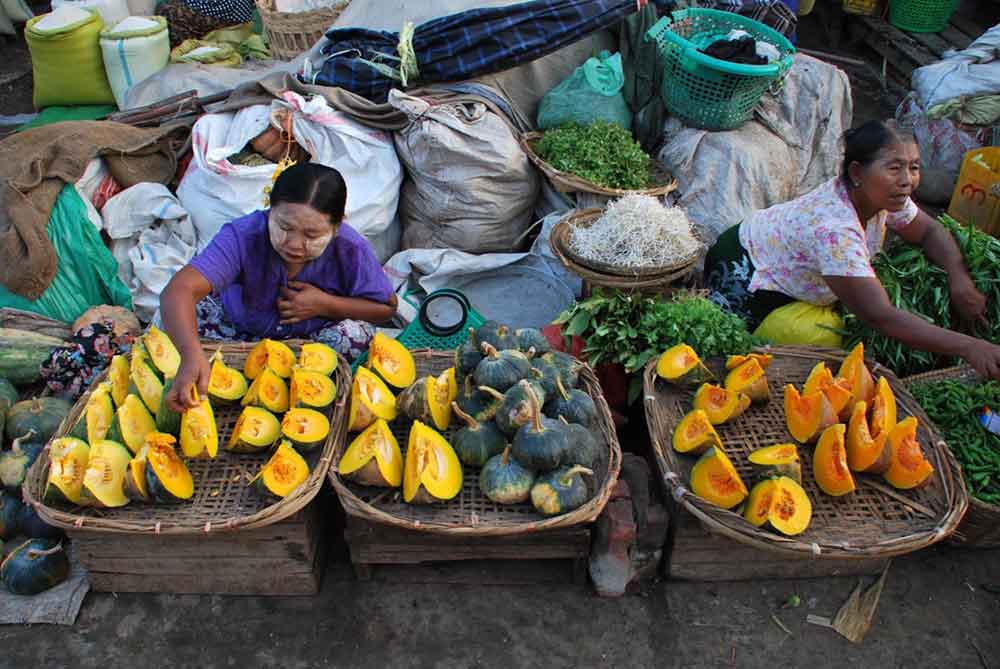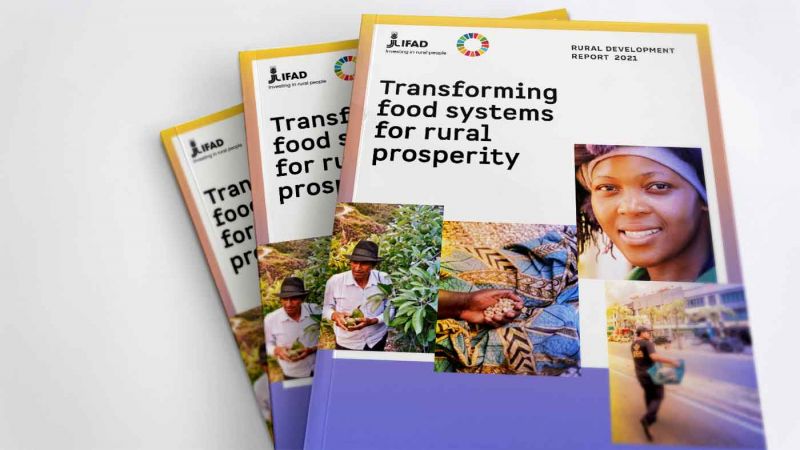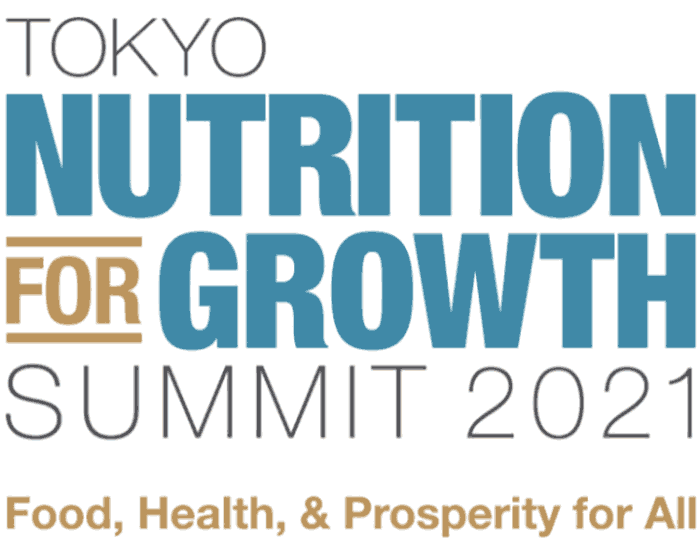OUT NOWInterview with Board Member Iris Krebber
WEBLINKOPINION PIECEFrom Ambition to Action – Reflections on the UN Food Systems Summit, by Jim Woodhill
WEBLINKRURAL YOUTH EMPLOYMENT IS KEY TO SHAPING SUSTAINABLE FOOD SYSTEMSInterview with the Co-Chairs of the GDPRD Thematic Working Group on Rural Youth Employment
Young people must have a seat at the table in shaping a sustainable food system transformation. Rural youth employment has direct links to thematic areas in development cooperation, making it key to achieving the SDGs, in particular SDG2. Co-Chairs Frank Bertelmann and Sven Braulik from GIZ, and Anna Befus and Peter Wobst from FAO, explain the issue and illustrate how diverse members come together to unlock the topic’s equally diverse potentials. WEBLINK
RECENT HIGHLIGHTSGIZ LANDHUB: IMPROVING ACCESS TO LAND FOR YOUTH: TOOLS AND PRACTICAL EXPERIENCES
On 6 December, the GDPRD Thematic Working Groups on Land Governance and Rural Youth Employment jointly organized a session at the GIZ LandHub Conference on youth access to land. FAO, IFAD, GIZ, Andreas Hermes Akademie, and the Young Farmer’s Federation of Uganda (UNYFA) presented their experiences and best practices in strengthening access to land for youth. The session successfully highlighted the extensive crossover between land governance and rural youth employment, showcasing the importance of bringing these two topics together. WEBLINKDONOR PLATFORM’S ROUNDTABLE ON “SUPPORTING COUNTRY-LEVEL FOOD-SYSTEMS TRANSFORMATION PATHWAYS”
A virtual round table discussion was held by the GDPRD on 14 December to explore how donors can effectively support food systems transformation at the national level. Platform members and other participants were offered a space to discuss challenges and opportunities to establish pathways for more effective and coordinated donor impact. The speakers and panellists exchanged views on how the interconnected nature of food systems means that donor efforts must be aligned, to positively affect hunger and malnutrition, livelihoods, resilience, climate and the environment. The session emphasized the importance of country-level contexts, hubs, and interventions, with a particular focus on national pathways. WEBLINKCOP26
The UK hosted the 26th Climate Change Conference of the Parties in Glasgow from 31 October–13 November. Agriculture, rural development and food systems were present in work streams and initiatives such as the Koronivia Joint Work on Agriculture work stream, established at COP23 and focused on bringing discussions of agriculture into the COP processes. A main development of this work stream was to include agroecology in the negotiated text for the first time in the United Nations Framework Convention on Climate Change (UNFCCC) history. The United Arab Emirates and the US launched an agriculture pledge during COP26, the Agricultural Innovation Mission on Climate (AIM4C), which emphasizes the importance of climate-smart agriculture and agricultural innovation. The participating countries announced a US$4 billion investment in this critical field. WEBLINKIFAD’S RURAL DEVELOPMENT REPORT 2021
The report, published in September, discusses the critical role of global food systems in improving rural livelihoods. Livelihood outcomes in the food system, such as those of small farmers and agri-food entrepreneurs, are key to addressing hunger and poverty among vulnerable rural people. This vision is one of change, driven by a new generation of rural agri-food entrepreneurs – young women and men who use their innovative energy, digital skills and voices to capitalize on opportunities, to help drive rural prosperity for all. WEBLINKNUTRITION FOR GROWTH SUMMIT 2021
The Tokyo Nutrition for Growth (N4G) Summit was held on 7–8 December. The summit focused on combatting malnutrition by addressing resilience and health in global food systems. At the summit, over $27 billion was pledged by governments and private sector actors to combat malnutrition and hunger, a critical investment as malnutrition rates rise in response to the pandemic. Countries with high rates of malnutrition also committed to funding national-level programs to combat malnutrition, with particular focus on children. WEBLINKBOARD MEETING OF GDPRD The Platform held a virtual Board meeting on 16 December 2021. Board members provided inputs to the progress and development of the White Paper. A concept note for the AGA 2022 was presented and approved. The Secretariat presented an overview of financial contributions and expenditures for 2021 along with a review of the 2021 work plan including key achievements. COMING UP IN THE GDPRDANNUAL GENERAL ASSEMBLY (AGA) 2022 The AGA of the Global Donor Platform will be held on 7–8 March 2022 at IFAD Headquarters in a hybrid (in-person and Zoom) format. The theme will be “Implementing National Pathways for Food Systems Transformation – Optimizing the Catalytic Role of Donors”. The White Paper on donor support for food systems will be launched and sessions will explore how donor coordination, leveraging finance and improved data can be targeted to supporting national level food systems transformation. |
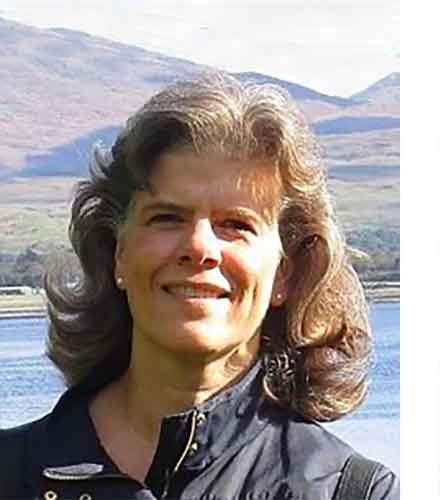 Iris Krebber, Head of Agriculture, Food Security and Land at the UK Foreign, Development and Commonwealth Office (FCDO), pinpoints the important role of clear communications in food systems transformation and how this translates into better decision-making. She shares her optimism for our younger generation to insist on taking climate change action now.
Iris Krebber, Head of Agriculture, Food Security and Land at the UK Foreign, Development and Commonwealth Office (FCDO), pinpoints the important role of clear communications in food systems transformation and how this translates into better decision-making. She shares her optimism for our younger generation to insist on taking climate change action now.
 Jim Woodhill, GDPRD Senior Advisor, examines the outcomes of the Summit and shares concrete ways we can carry forward the momentum generated by the high level of engagement around food systems across governments, civil society, business, and science. The Summit’s big win has been articulating the “food systems” framing to a global audience, increasing awareness on why food systems must change and what must be done. The work ahead needs to focus on how this can be achieved.
Jim Woodhill, GDPRD Senior Advisor, examines the outcomes of the Summit and shares concrete ways we can carry forward the momentum generated by the high level of engagement around food systems across governments, civil society, business, and science. The Summit’s big win has been articulating the “food systems” framing to a global audience, increasing awareness on why food systems must change and what must be done. The work ahead needs to focus on how this can be achieved.
